Your cart is currently empty!
Tag: OrganicGrowing
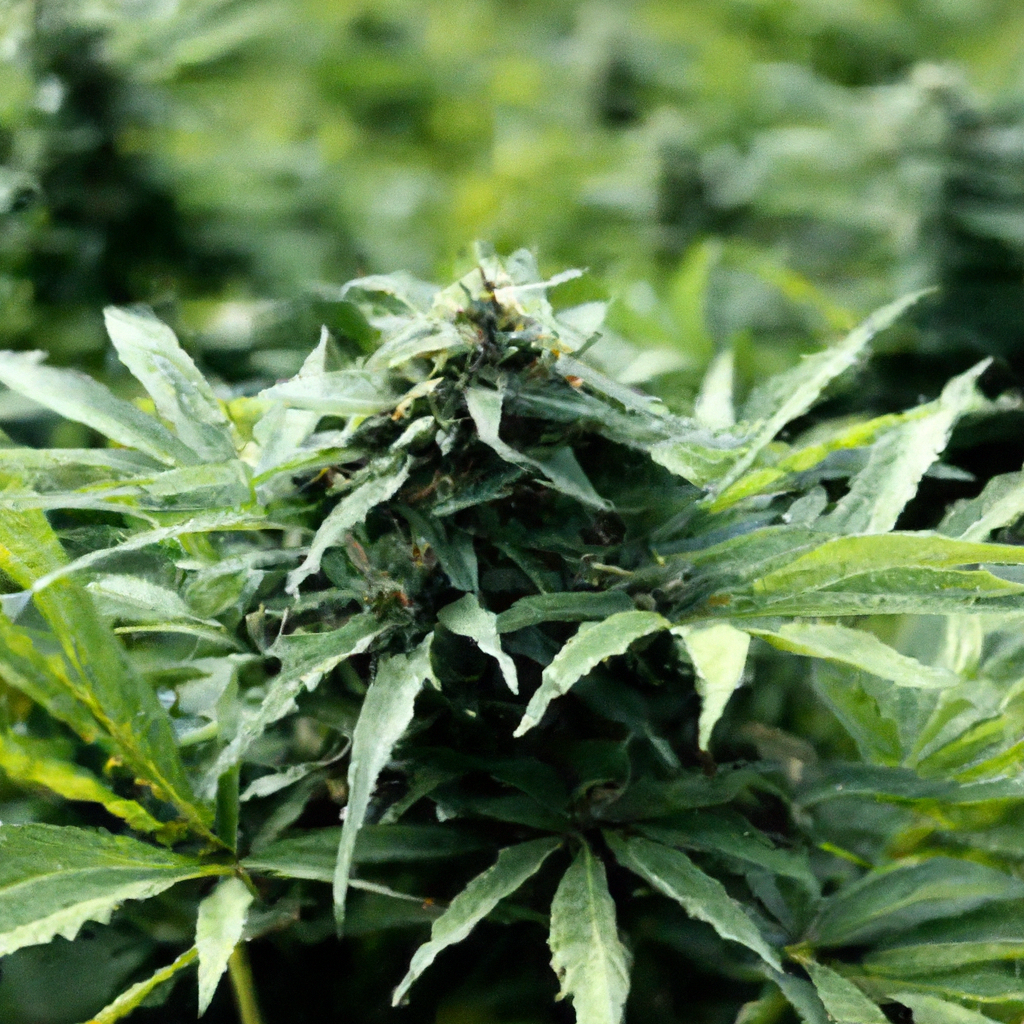
As the cannabis industry grows, there is increasing demand for organic cultivation methods that have a smaller environmental footprint and yield high-quality plants. By enhancing soil ecosystems with organic matter like compost, using natural fertilizers such as worm castings and fish emulsion, and implementing eco-friendly pest control measures like companion planting and biological controls, cultivators…
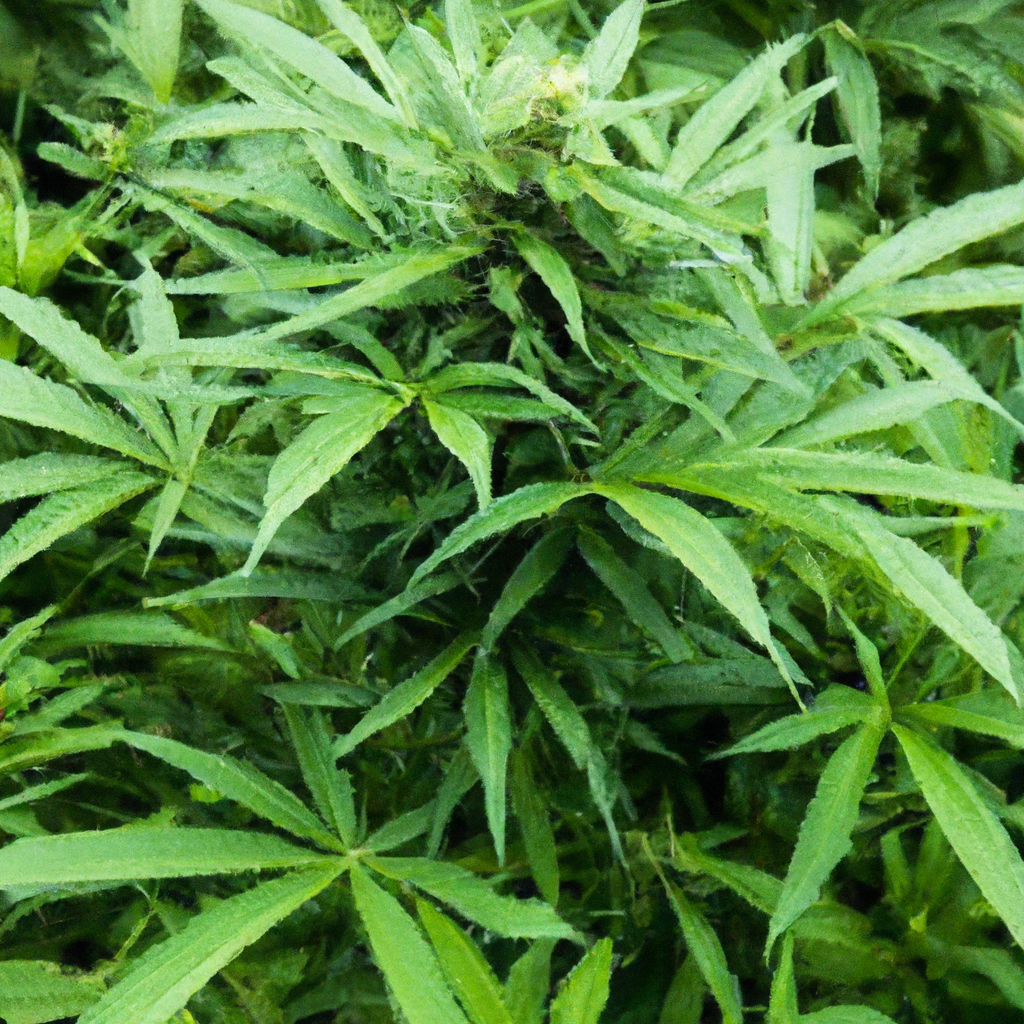
As demand for sustainable agriculture rises, organic cannabis cultivation using natural methods is gaining popularity. This article delves into best practices for organic cannabis growth, emphasizing the importance of building a healthy soil ecosystem through compost, cover crops, and crop rotation. It highlights the benefits of natural fertilizers like fish emulsion and seaweed extract, alongside…
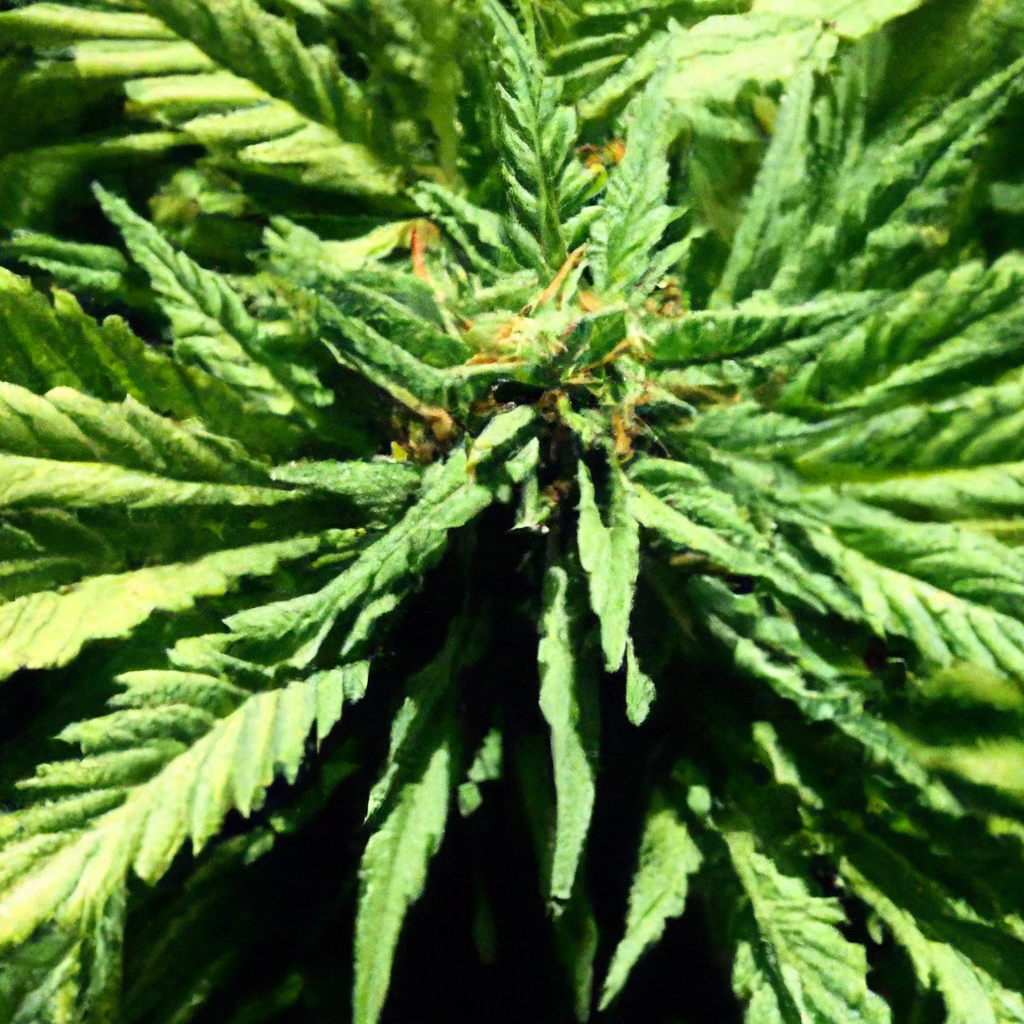
Organic cannabis cultivation promotes sustainability and environmental friendliness by enhancing ecosystems, improving soil health, and producing high-quality, safe products. This approach involves using natural fertilizers like compost and bone meal, implementing pest control via companion planting and beneficial insects, and focusing on practices such as water conservation and renewable energy use. Organic methods preserve biodiversity,…
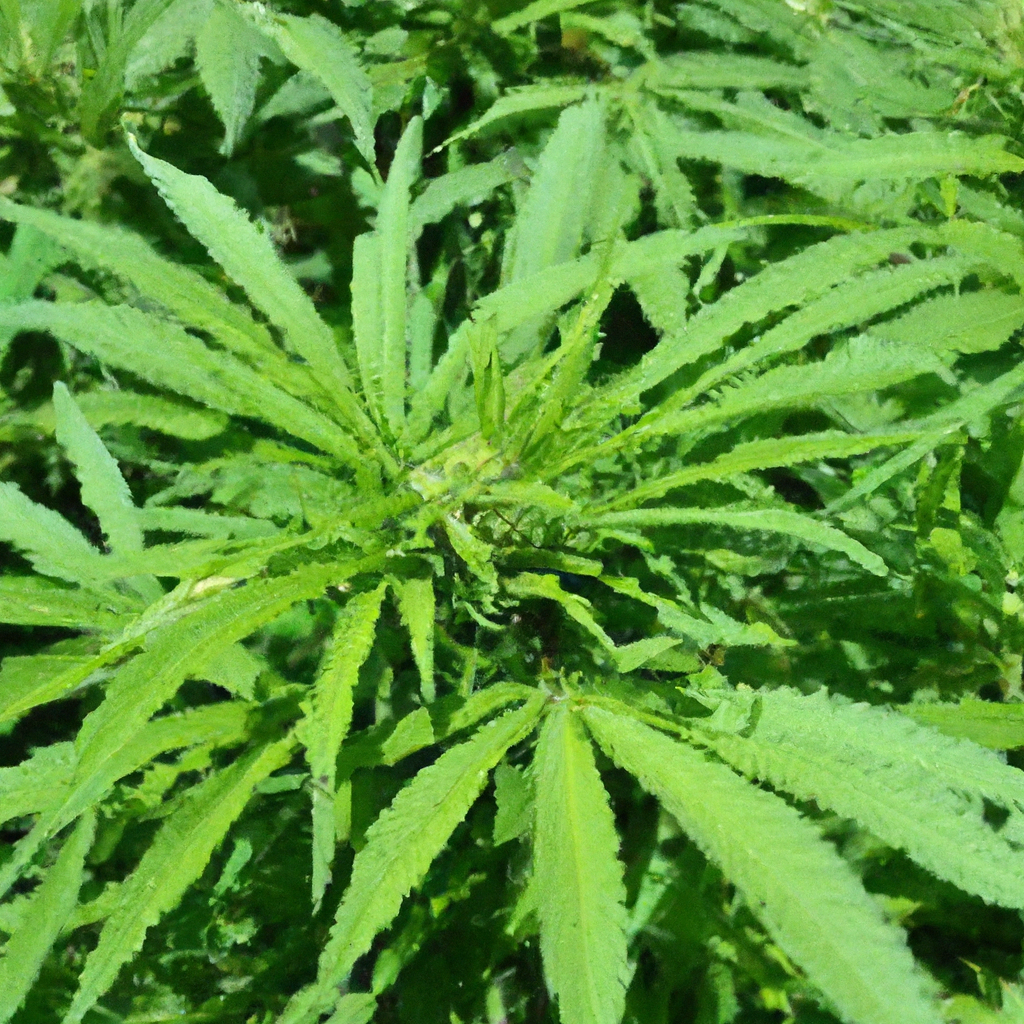
As the demand for cleaner cannabis products rises, organic cultivation methods are becoming increasingly popular among growers and consumers. This article highlights best practices for organic cannabis cultivation, emphasizing the importance of building rich soil ecosystems, using natural fertilizers like compost and fish emulsion, and implementing eco-friendly pest control methods such as companion planting and…
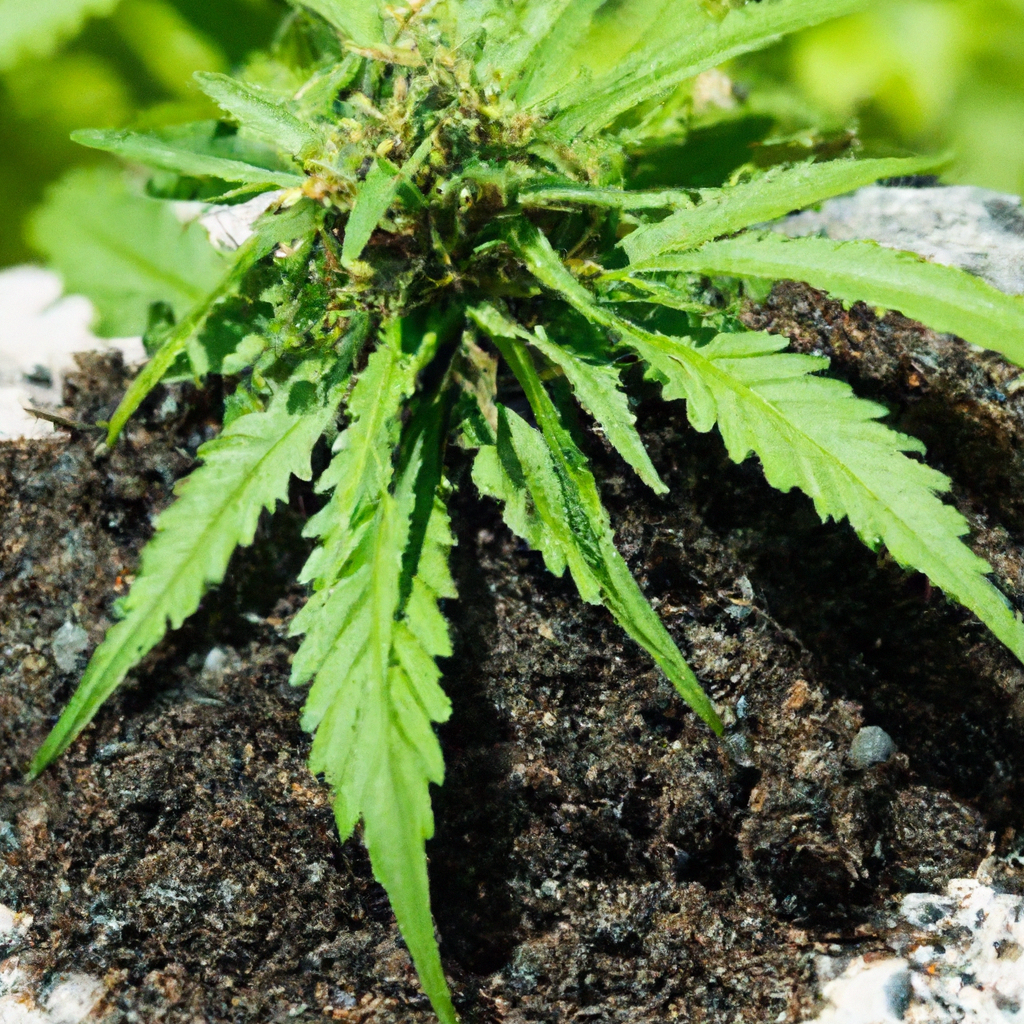
Organic cannabis cultivation provides a sustainable, environmentally friendly approach to growing high-quality cannabis. This guide details how to nurture a robust soil ecosystem using compost, beneficial microbes, and crop rotation. It highlights natural fertilizers like fish emulsion, bokashi, and bone meal to promote growth and eco-friendly pest control methods, including companion planting and neem oil.…
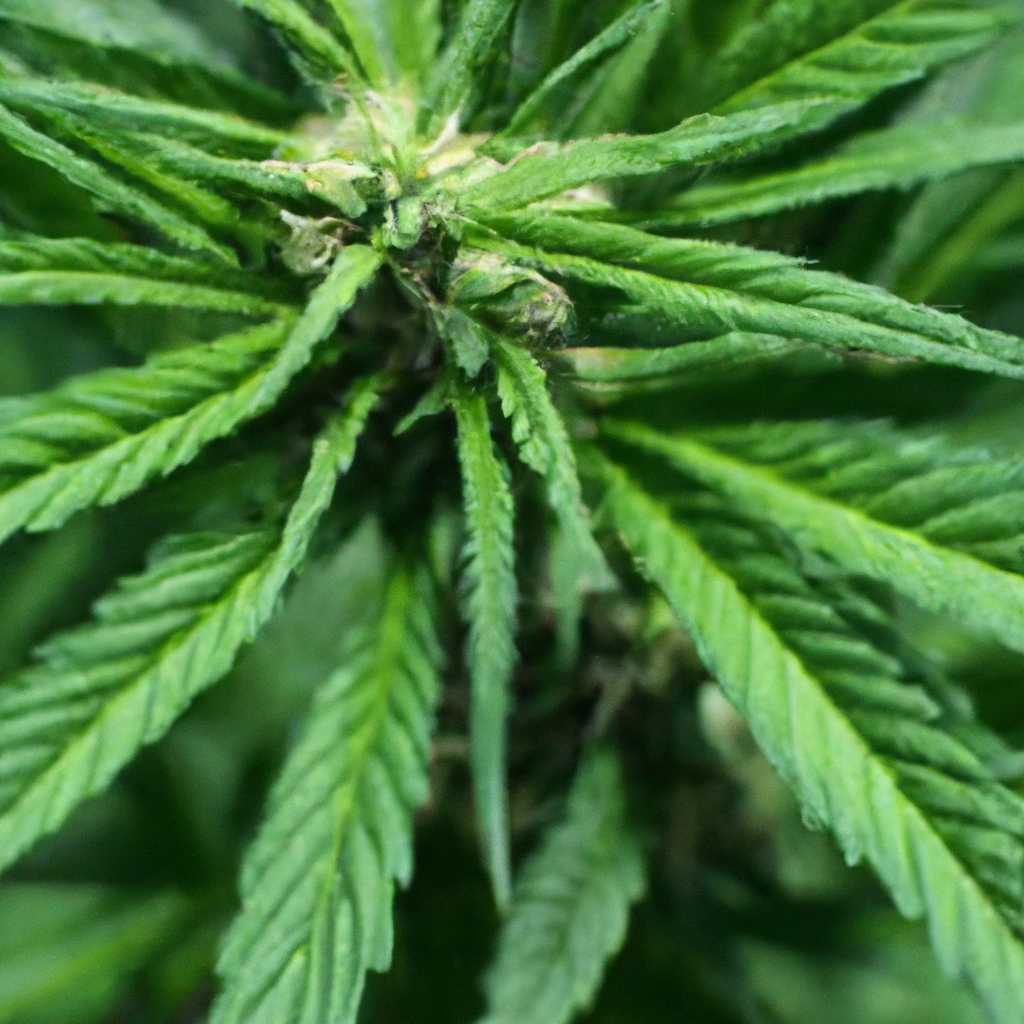
The cannabis industry is evolving with new practices like cannufertilization, which blends organic and cannabis-specific nutrients to enhance growth, yield, and quality. This method improves nutrient uptake, soil health, yield, and environmental sustainability by tailoring fertilization to the cannabis plant’s specific needs. To implement cannufertilization, growers should analyze soil, select appropriate fertilizers, follow a nutrient…
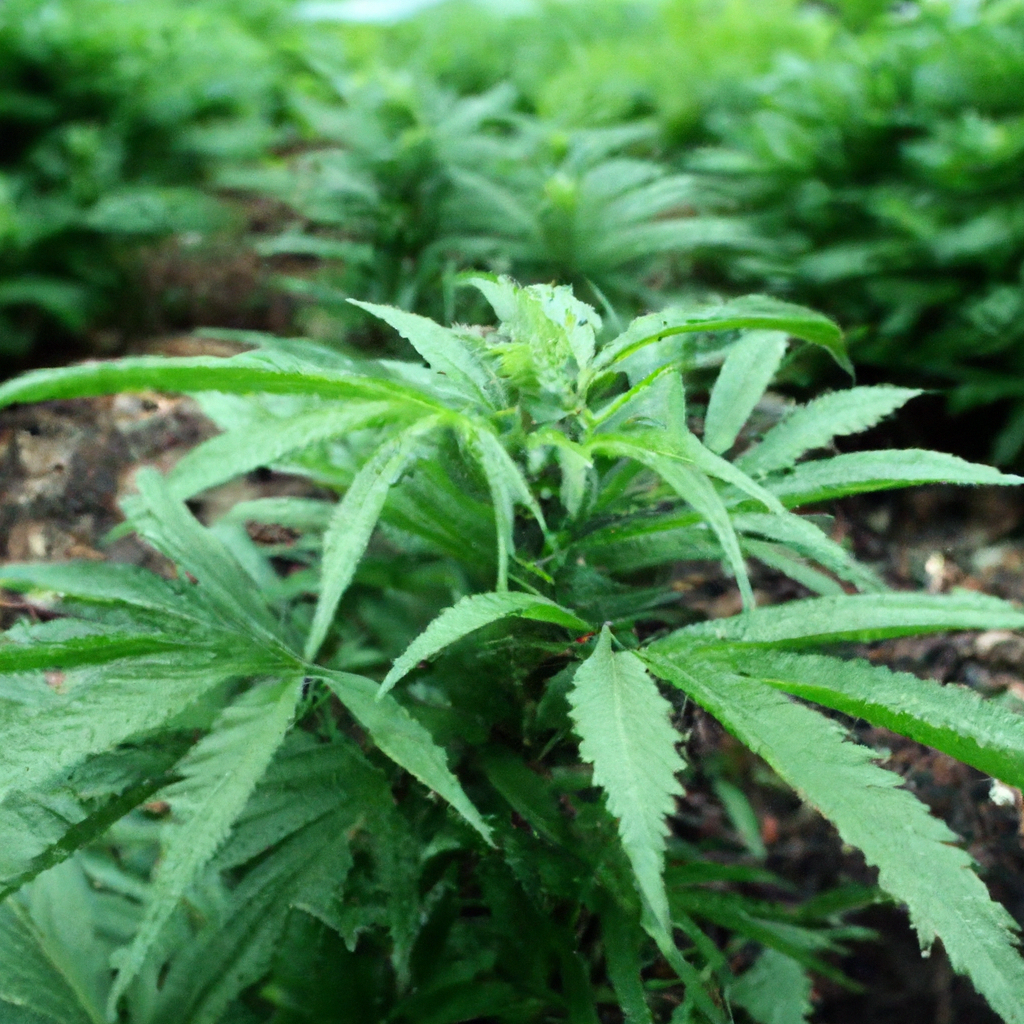
Organic cannabis cultivation transcends trendiness by prioritizing environmental respect and consumer health. This approach enhances cannabis quality through natural fertilizers, robust soil ecosystems, and sustainable pest control. The cornerstone of success lies in nurturing the soil with compost, cover crops, and no-till farming. Nourishment is provided by organic fertilizers like worm castings and bone meal,…
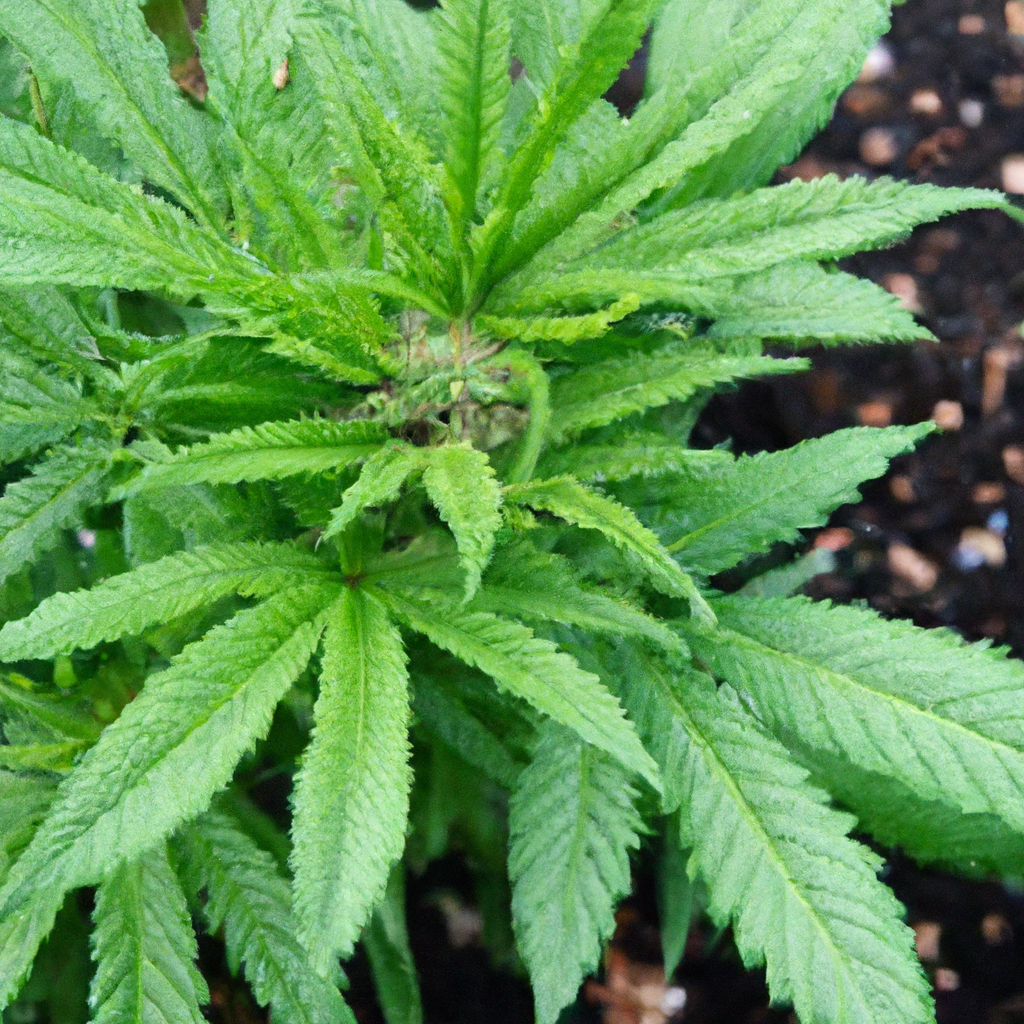
Organic cannabis cultivation emphasizes a sustainable and eco-friendly approach by using natural fertilizers, compost, and pest control methods to enhance plant health. Success begins with building a robust soil ecosystem rich in microbes and nutrients, utilizing compost, crop rotation, and companion planting. Natural fertilizers like compost tea, worm castings, and fish emulsion enhance growth sustainably.…
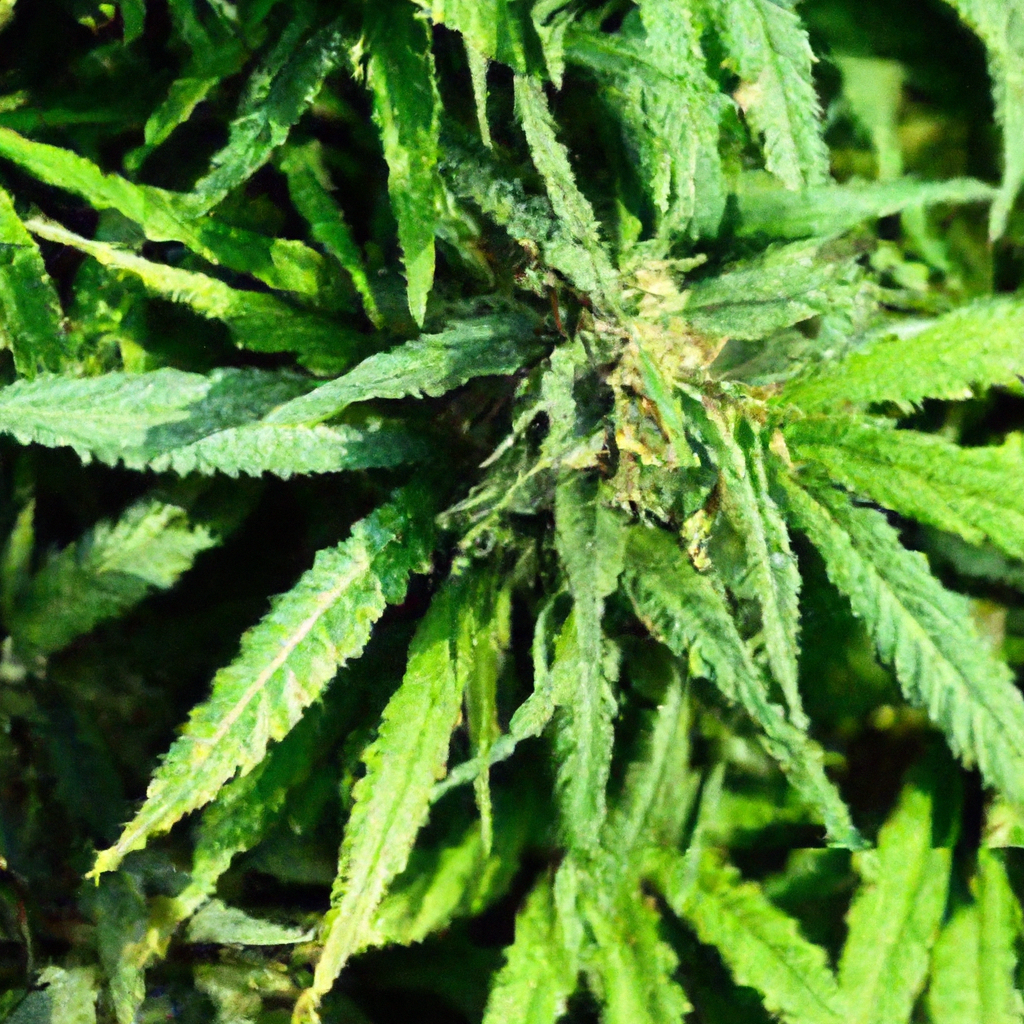
As cannabis culture grows, many cultivators are turning to organic methods for environmentally friendly, health-conscious products. Organic cannabis cultivation emphasizes creating a rich soil ecosystem with natural fertilizers, compost, and sustainable pest management techniques. Key practices include using compost and mulch, beneficial microbes, and crop rotation, alongside natural fertilizers like compost tea and fish emulsion.…
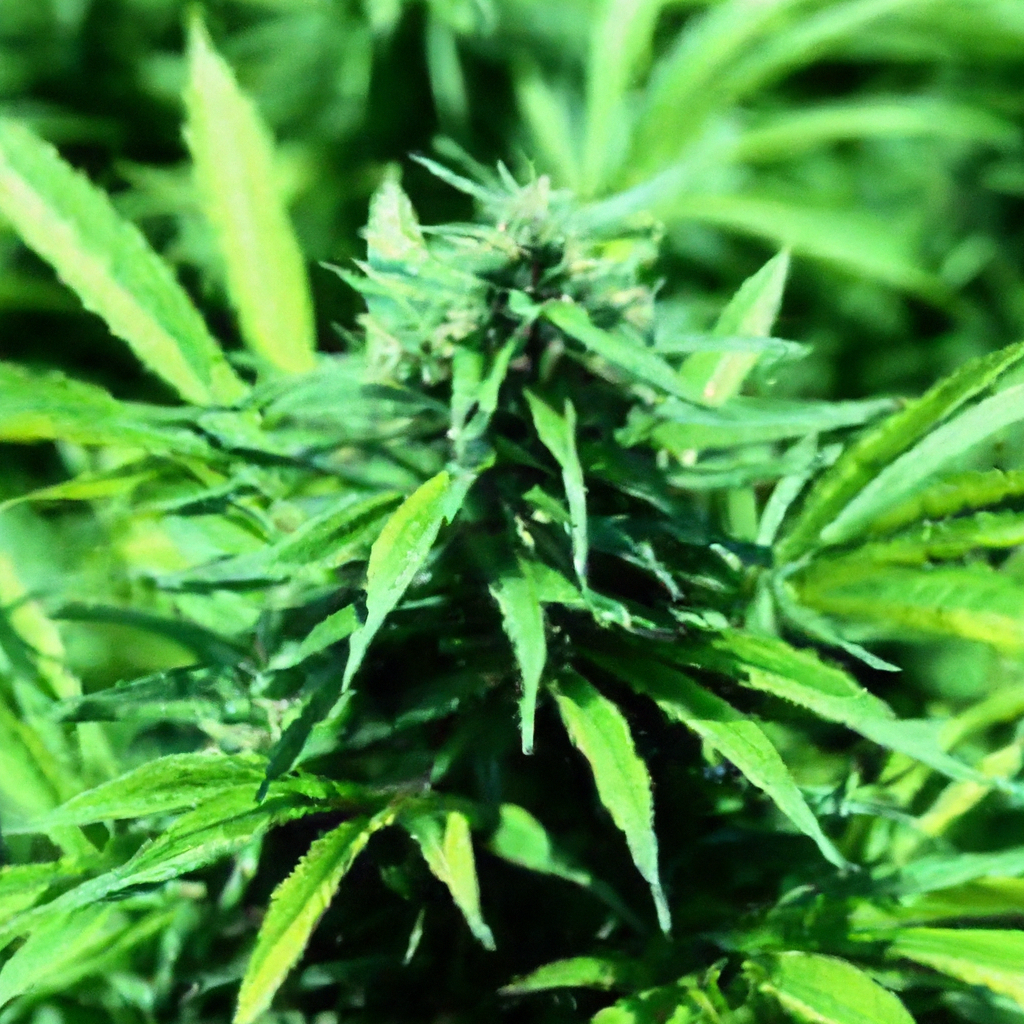
Embracing organic cannabis cultivation means utilizing nature’s wisdom to produce high-quality and eco-friendly cannabis. This approach emphasizes using natural fertilizers like fish emulsion, worm castings, and bone meal to enhance soil fertility without synthetic chemicals. Cultivators focus on building healthy soil ecosystems through composting, cover crops, and mulching, while sustainable pest control is managed with…
